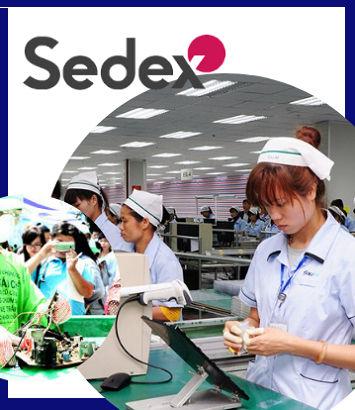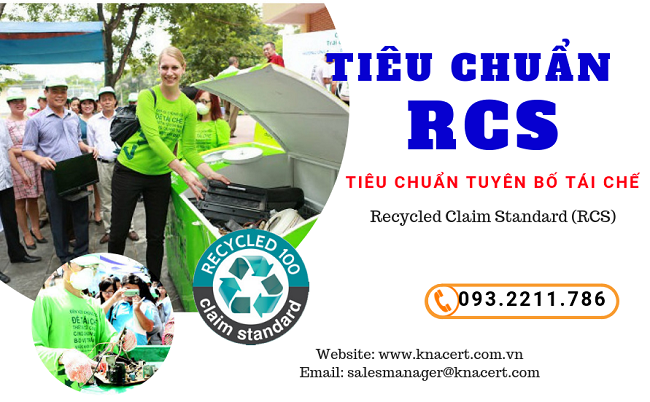
What is Sedex? Sedex Pre-audit – SMETA
✅ Sedex is a non profit organization (NPO) which is established to innovate ethic practices in business and social accountability in global supply chain. ✅ As t...
The RCS recycling declaration standard is developed by Textile Exchange, the most important non-profit organization that promotes sustainable and internationally responsible development in the textile industry.
RCS (Recycled Claim Standard) is used as a chain of custody for tracking raw materials through the supply chain. The standard has been developed through work performed by Traceability Working Group, a part of OIA Sustainability Working Group. RCS uses requirements of the chain of custody in Component Declaration Standard.

With this standard, Textile Exchange aims to increase the use of recycled materials to promote a sustainable production and consumption model to reduce resource consumption (raw materials, water and energy).
RCS provides an environmental statement verified by a third party to prove the content of material which is used for recycling (both intermediate and finished).
All products with at least 5% of recycled materials pre- and post-consumption can be certified by RCS.
"Textile Exchange is an international non-profit organization supported by members in 2003 under the original name of Organic Exchange. The mission of textile exchange is to convey inspiration and equipment to people to accelerate sustainable activities in the textile value chain. "
According to label level, RCS provides 2 types of logos:
Focus of RCS:
Recycled Claim Standard (RCS)
RCS verifies the presence and amount of recycled materials in a final product. This happens through product chain and input verification of a third party. It allows to verify claims regarding the content of recycled material on the products in a transparent, consistent and comprehensive way.
RCS does not address other input factors, environmental aspects of treatment (such as energy, water or chemical use), any quality or social issues or legal compliance. Users of RCS standard are recyclers, manufacturers, brands, certification bodies, and organizations that support recycling materials initiatives.
RCS can be employed as a Business-to-Business tool to provide companies with methods to ensure they are selling high-quality products and receiving exactly what they paid. It is also used as a way to ensure accurate and honest communication with consumers.
RCS criteria include only the following areas:
Product Composition and Content of Recycled Materials: Maintaining traceability throughout the entire production according to criteria established by Content Claim Standard (CCS), which is an integral part of RCS standard.
Non-certification phases:
The stages requiring certification:
The certification process is divided into 3 main stages:
